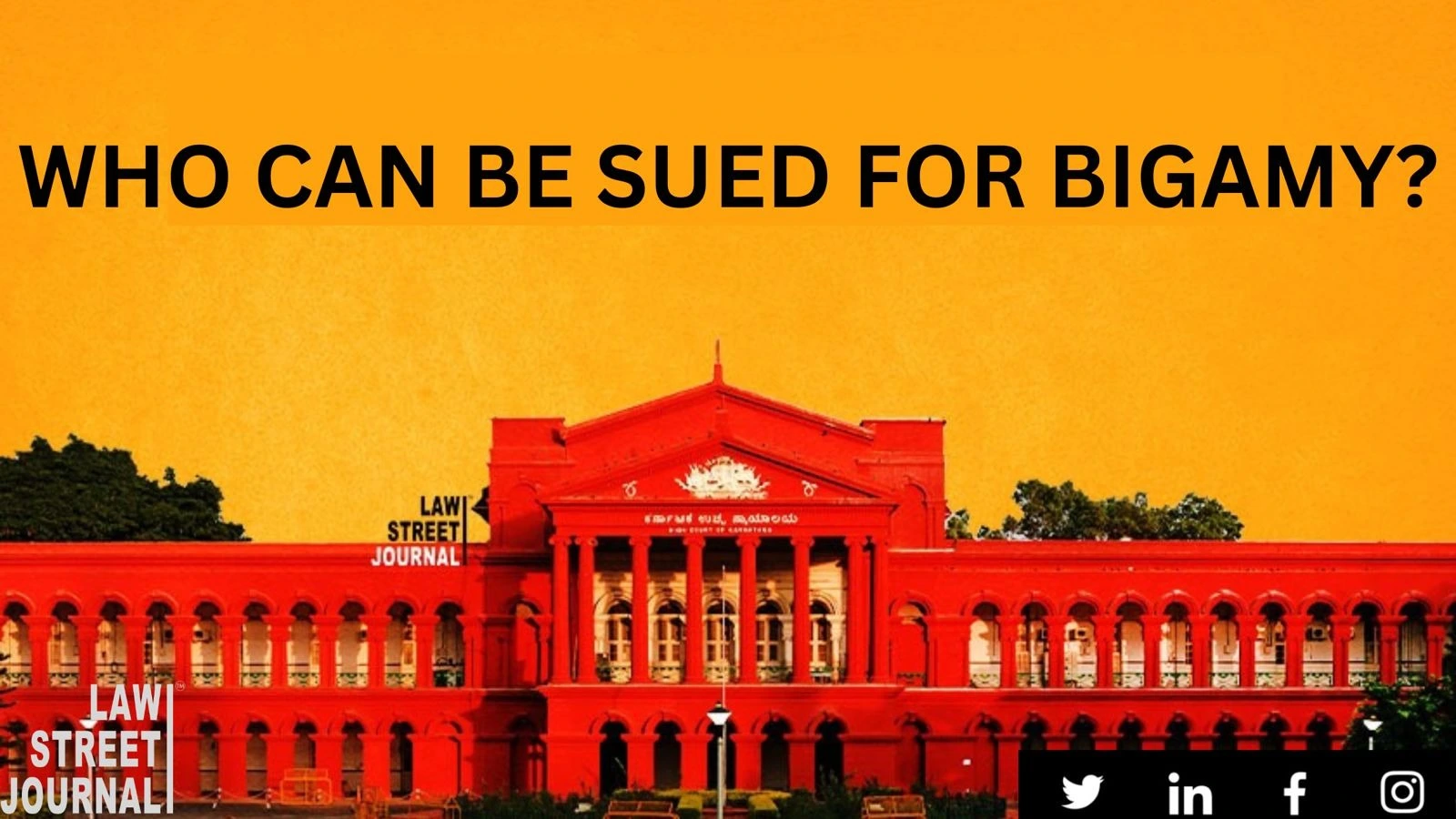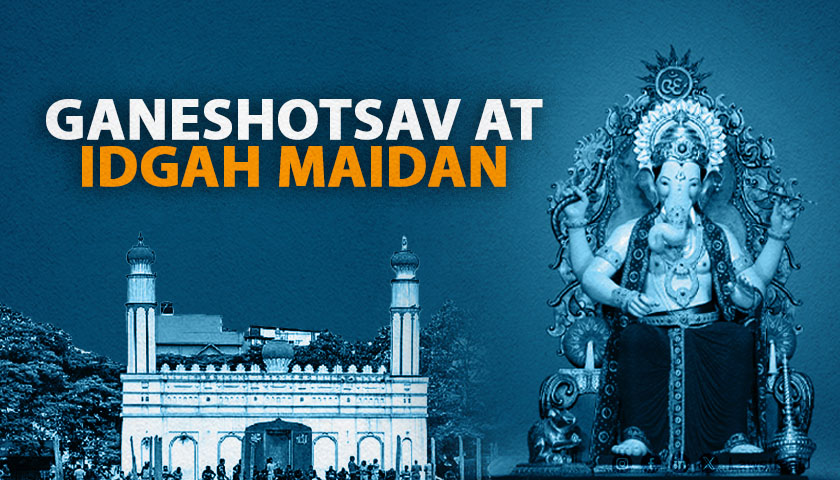BENGALURU: When can a person be prosecuted for bigamy as per law? In a recent judgement, the Karnataka High Court has clarified this position.
Justice Suraj Govindaraj stated that it is only the husband or wife who marries for the second time during the subsistence of an earlier marriage and the life time of the earlier spouse, can be prosecuted under Section 494 (Marrying again during lifetime of husband or wife) of the Indian Penal Code.
In that view of the matter, I am of the considered opinion that in terms of Section 494 of IPC as is clear from the mere reading of the said provision, it is only the husband and wife who marries for the second time during the subsistence of an earlier marriage and the life time of the earlier spouse who can be prosecuted and not the petitioners herein.
As per the facts of this case, the respondent/complainant who was the first wife, filed a private complaint against her husband, his second wife along with her family members before the JMFC in Chitradurga.
The complainant was said to have been the first wife, and it was said that during the time that she was married to the Respondent, he had married another lady and therefore, committed an offence. The accused numbers 3 to 6 were brought into the case because they were present at the wedding of the complainant and the accused no. 1, even though they knew that the complainant and her husband were still married. So, the petitioners, who were the second wifes family members, went to court seeking relief.
Going through the relevant provision, the Court noted that in terms of Section 494 of IPC it is only the person who marries during the subsistence and the life time of the earlier spouse and the earlier marriage could be prosecuted and punished for the offence.
The said provision does not even contemplate the person to whom the husband or wife has married to be prosecuted under Section 494 of IPC. Let alone the father, mother and sister who had participated in or attended the wedding.
The only allegation made in the complaint at is that accused Nos.3 to 6 have knowledge of the marriage of accused Nos.1 and 2 is illegal and despite which they have participated, the court recorded.
There is no averment made therein that they were aware of the subsisting marriage between the complainant and accused No.1 or further, there is no allegation made regards the intention on part of accused Nos.3 to 6 having involved themselves in an offence punishable under Section 494 of IPC or felicitated or abated the said offence,
the bench observed before allowing the plea.







![Karnataka High Court: Cabinet Rank Status Not Equivalent to Ministerial Position [Read Order]](/secure/uploads/2023/09/lj_2318_fc1b99b7-aeed-472b-836e-33750bedb394.jpg)


![Woman living in adultery cannot claim maintenance: Karnataka High Court [Read Order]](/secure/uploads/2023/10/lj_3083_Women_living.jpg)






